Pashinyan's vain hopes and growing Western crisis Armenia's challenges ahead
Joint military exercises between Armenia and the United States kicked off on July 15. Armenian commentators noted with satisfaction that at the same time, the Americans cancelled the same manoeuvres with Georgia. And on July 13, Armenian Prime Minister Nikol Pashinyan said it was time to raise relations with Washington to the level of "strategic partnership."
Azerbaijan's foreign minister was indeed invited to the NATO summit in Washington this week together with his Armenian counterpart. Nevertheless, this was also perceived in Yerevan as a step towards Armenia receiving Western support or even becoming a key Western partner in the Caucasus. But this is an attempt at wishful thinking. In reality, Western interest in Armenia is mainly limited to its use in confrontation with Russia. The opportunities and ambitions of the collective West in the world are shrinking, as the next NATO summit showed.
After the NATO summit, the only thing left to do is to join the SCO
At this week's NATO summit in Washington, DC, all signs pointed to the alliance's lack of interest and resources for serious intervention outside Europe and the Asia-Pacific. The Western camp is concerned about its own future: not just the "Trump problem" but the split and weakening of the US as leader of the alliance.
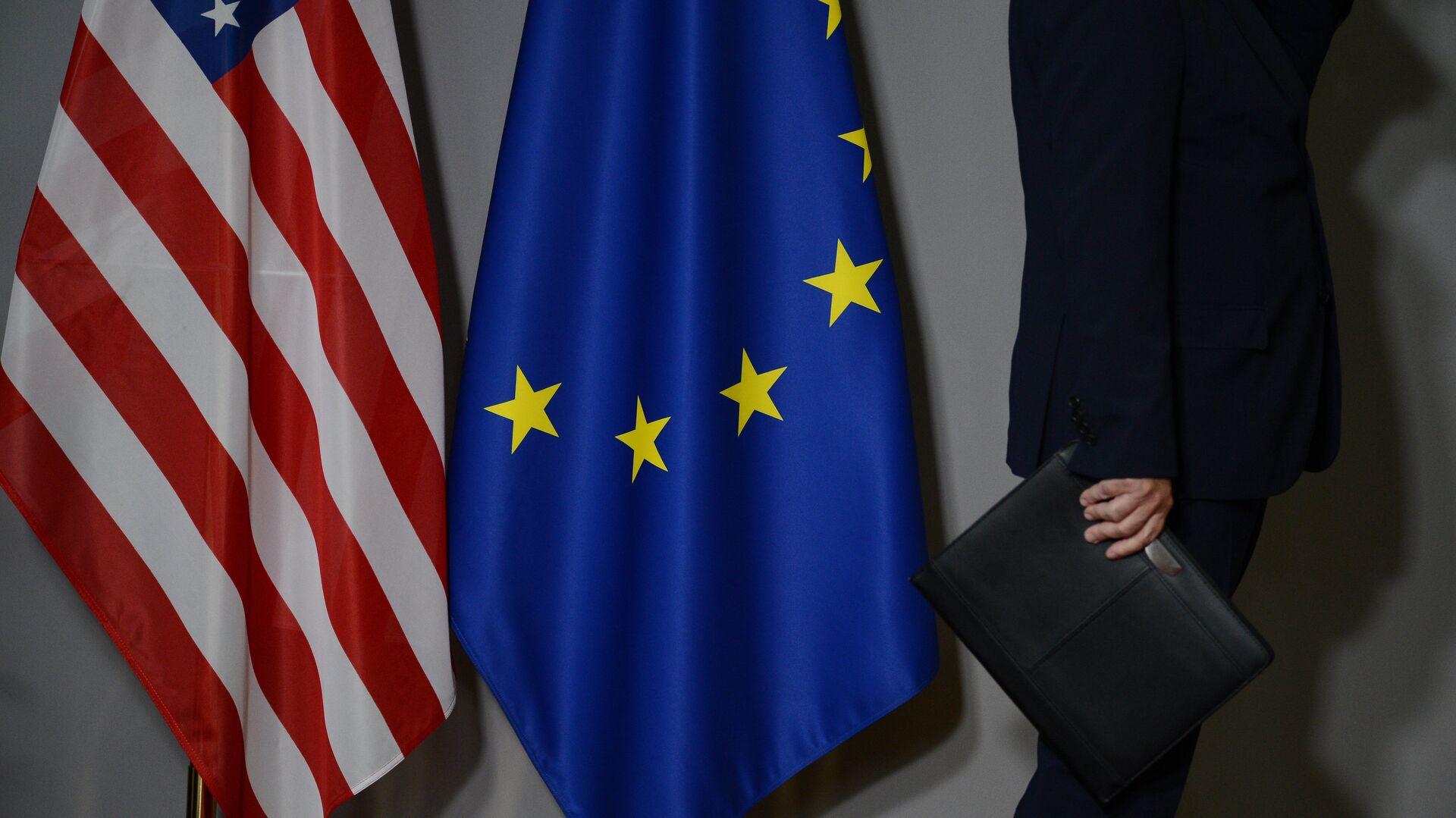
In these conditions, NATO countries are finding it increasingly difficult to agree on how to "finish the war" with Russia - the bloc is divided over support for Ukraine. The most important declaration on this issue, the Ukrainian Treaty, was not supported by almost a third of the alliance members - such a split in the alliance has never been seen before. The abstentions include almost all of the Balkans and some major states, sometimes with diametrically different positions, such as Türkiye and Greece.
It is hard to call what has happened a surprise. The cracks in NATO's structure have been visible for a long time, and the alliance's determination to help Kyiv is a myth that is kept alive by the Western establishment’s control of global political discourse. Romanian President Klaus Iohannis recently teased supporters of escalating confrontation with Russia by pointing out that NATO countries have provided Ukraine with about half of what was promised. In other words, he proposed to fulfil at least the commitments already made.
Some new money and weapons were promised to Kyiv at the summit - €40 billion - but no concrete long-term commitments were made to support the NATO state - although this was tried to be achieved by a radical faction within the bloc, on behalf of which Secretary General Stoltenberg acted. The money, by the way, will mostly be loaned to Kyiv. Ukraine was also promised support "on its irreversible path towards full Euro-Atlantic integration".
The Western media attribute all these squabbles around what seems to be a key conflict for Europe to some stubborn leaders: Hungarian Prime Minister Viktor Orban, Slovakian Prime Minister Robert Fico, Turkish President Recep Tayyip Erdogan, and so on. They cannot really admit that the collective West does not have enough resources, which is evident from the fact that it cannot even cope with the Houthis, who have undermined the safety of navigation on communications of global importance.
Against this background, the intrigues of NATO and EU countries in the Caucasus appear in a new light and look like pure adventures. Interestingly, even Western commentators popular in Armenia, in particular French political scientist Frederic Ancel, have started telling the Armenian media that the revanchists have nothing to hope for. Last week he openly said that the West has bigger issues than Armenia: "Today the main global problems are in the Indo-Pacific region, to some extent in the Middle East, maybe also in Kashmir, let's add some parts of Africa. It is obvious that the Caucasus is not a priority for the major players at the moment and will not become one". Worse, according to the French commentator, Armenia, unlike Azerbaijan, has "virtually no commodity resources" for export and in the case of Armenians "we are dealing with a very small demographic group". And this is the same Ansel who always cheerfully told Armenians about their centrality and power.
What does Pashinyan hope for by betting on developing cooperation with NATO and the United States instead of normalising relations with neighbouring countries? Alas, he and his team are still trapped in the typical Eastern European liberal politicians' ideas about the mighty West, which is the only one capable of solving their problems. They do not want to realise that "that West" no longer exists, or perhaps never existed.
This pathological desire to be more pro-Western than the West itself, without noticing any shortcomings in one’s idol, looks especially painful in the current situation of crises and defeats even in the key countries of the collective West. Observing the increasingly risky situation within Western international associations, Türkiye itself is thinking about further diversification of its ties. It is the most militarily powerful country in the European segment of NATO, but on July 11, President Erdogan said that “the goal of Türkiye, which now has observer status in the SCO, is full membership in the organization.” It is noteworthy that he said this at a press conference following the Washington NATO meeting. However, Erdogan, after participating in the SCO summit in Astana on July 3–4, already emphasized that his country intends to develop relations with Russia and China through the SCO.
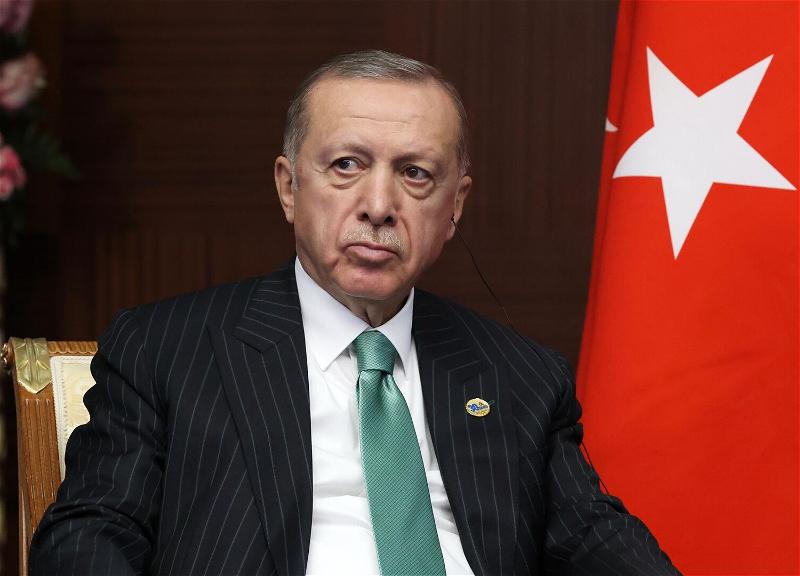
Even India, on which the collective West has long placed its main hopes for neutralizing China, has begun to look around in search of an alternative to such a dubious role. At the beginning of the week, Washington was extremely concerned about Indian Prime Minister Narendra Modi's trip to Russia, although the United States did not dare to seriously criticize him. In a word, confusion and vacillation in NATO is just the very tip of the iceberg of the West’s global problems.
A second front against China is more important
Could it be that while NATO is paralysed by the internal political crisis abroad, the EU could play its own game in the Caucasus? Some EU states and its leadership have declared such intentions. But in political analysis it makes sense to periodically step back from listening to rhetoric and follow the advice of Kenneth Waltz, the founder of the neorealist school of international relations - to analyse capabilities and forces, not intentions.
French and other EU politicians can argue all they want about the geopolitical dimension of the EU and its "strategic autonomy". Perhaps in better times, twenty years ago, when Western Europe's economy was still working and the union did not incorporate huge but hopelessly poor peripheral regions, the EU could have tried to achieve greater autonomy from the United States. Now it is pointless to talk about this even from the point of view of the economic base. Not only is the EU unable to build its army without the US, the Americans are doing whatever they want with its economy, poaching promising industries across the ocean. Resenting the fact that European enterprises are being crushed under the pressure of Chinese competitors, Brussels prefers to keep silent about how the United States is cynically gnawing off the European Union's economy.
Economically, the EU has been in recession for the last few years. Last weekend it became known about another decline in industrial production in Germany, the locomotive of the EU economy. In May, contrary to forecasts, industrial production in the FRG still fell again by 2.5 per cent. This means that in annual terms, the rate of decline increased one and a half times. The most serious problems are in the famous German car industry - there the decline exceeded minus 5 per cent. This will cause cascading waves of recession in related areas of industry in Germany and other EU countries. Incidentally, this could be related to the fact that European carmakers are having growing problems in China after the EU started to pressure Beijing following the wishes of American allies. And the matter is not limited to the economy, but is gradually moving into the military sphere.
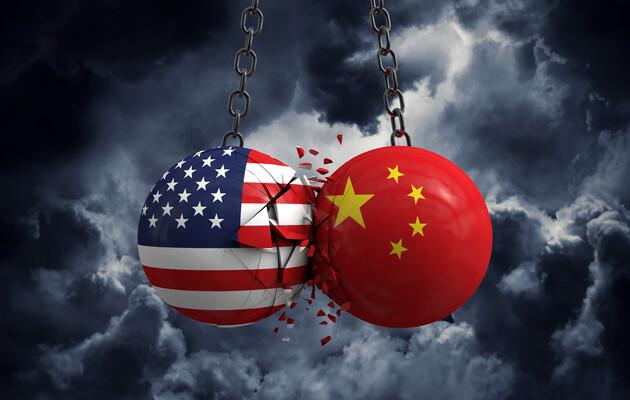
The willingness of NATO's European members to engage in a confrontation with China without ending the war with Russia, as demonstrated at the summit in Washington, looks strange. Now, when NATO-EU countries have no planes for the Ukrainian army that is barely holding the front, they are enthusiastically sending a whole regiment of fighter jets to the Asia-Pacific region, where it, together with the Japanese, should arrange a merry-go-round of manoeuvres along China's borders. Do the Europeans not realise that by entering into a second conflict with China on the other side of the world against the backdrop of the ongoing, hopelessly protracted conflict with the Russian Federation at their side, they are putting themselves in a strategically hopeless situation? This looks especially absurd in contrast to the fact that the US, on the contrary, is being drawn into a conflict with China, which is important for itself, while at the same time throwing off the weight of the Ukrainian war. But there is nothing strange here - NATO-EU countries have no choice but to follow Washington, they are too weak to bend their own line.
The EU is not in the best shape to pursue costly geopolitical initiatives in any additional regions, including the South Caucasus. One example: in a week's time, on 22 July, EU foreign ministers are expected to finalise the procedure for allocating as much as ten million euros to Armenia from the extra-budgetary "European Peace Facility" (EPF). Revanchist elements in the Armenian establishment emphasise that this is only the "first" tranche, but these handouts are unlikely to increase significantly in the future. By the way, on Tuesday the EU froze military aid to Georgia for as much as €30 million - and this to a much larger country that has long cooperated with the EU and the US. And Pashinyan recently estimated the value of weapons transferred by Armenia to the Karabakh separatists at several billion.
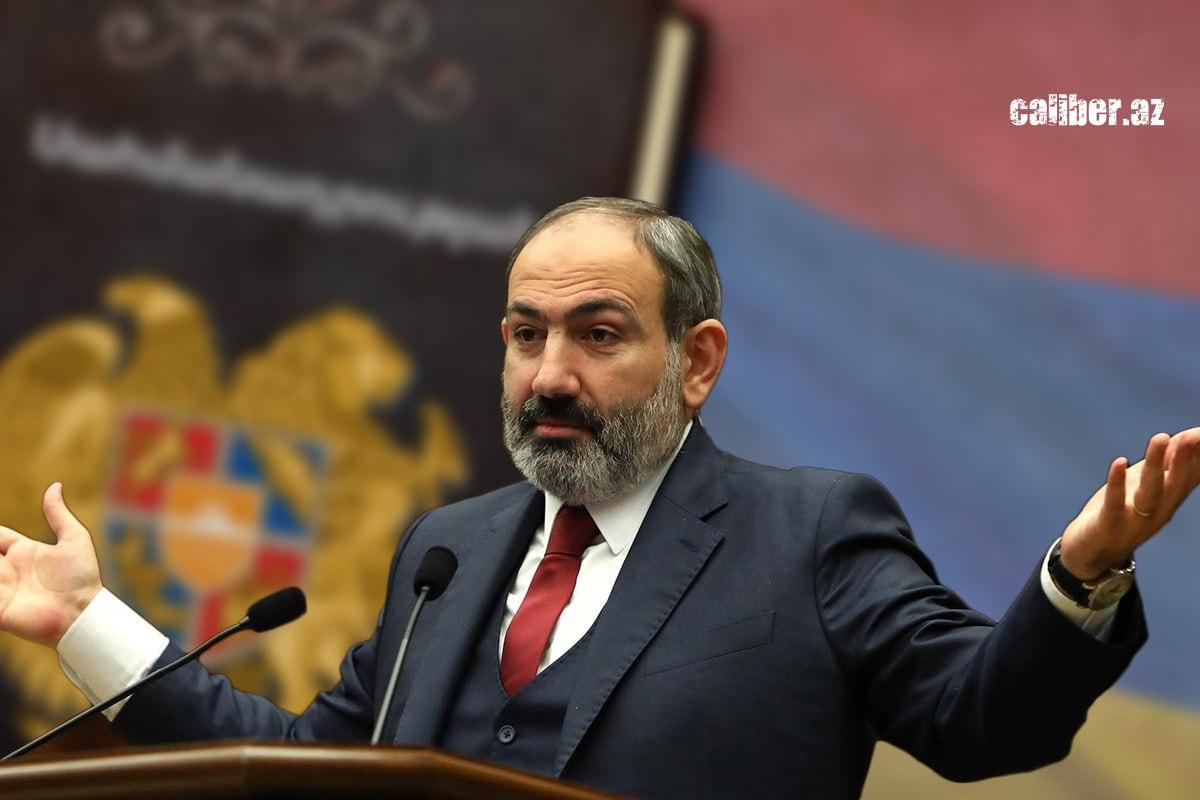
The EPF money will probably be used to compensate France for its "gifts" to Pashinyan - Paris is not even squeamish about such a small thing, as Macron cannot pay for Armenian nationalists out of the French pocket. In general, the ten million clearly indicates Armenia's place in the Western world order.
Theoretically, the EU could deploy a more active policy in the South Caucasus - small sums of money would initially suffice to resuscitate the same Armenian expansionism. Liberal theologians can justify the ideological need to work with an increasingly isolated Armenia in the region, neglecting neighbouring countries, and the Armenian diaspora will help promote such messages.
However, this policy will fail sooner or later because, given the loss of Russian energy resources, markets and transit routes that have already become a fact, ignoring the objective need to build relations with Baku (and further with Ankara and Central Asian countries) as one of the few alternatives will be fatal for the EU. Economics will force it to cooperate with Azerbaijan, Georgia and Türkiye - to obtain vital energy, raw materials and transit routes to Asia.
Is Yerevan in a hurry to catch the geopolitical Titanic?
Due to a series of domestic political crises, economic recession and friction within NATO, the EU and other Western structures, the collective West is being forced to reduce its global presence. The global media, controlled by the Western establishment, is softening its tones, but it is a fact that the same France has been kicked out of West Africa for the first time in its imperialist history. And while in the past the French were usually replaced by the US, this is no longer the case. First French soldiers and mercenaries fled Niger, and this Monday saw the finalisation of the withdrawal of the bulk of US troops from that country.
They were replaced in Niger by the Russians. Maybe it doesn't matter, the West just gave up on useless bases in a peripheral country? But no, Niger is a major supplier of strategically important uranium to Western markets, primarily to France and the United States with their numerous nuclear power plants and atomic bombs. In the old days, Western empires would have organised a dozen coups in a country that dared to put the imperialists in their place for such an attempt on their civil and military power. And now? After all, there was plenty of time - the pro-French regime in Niger was finally overthrown a year ago.
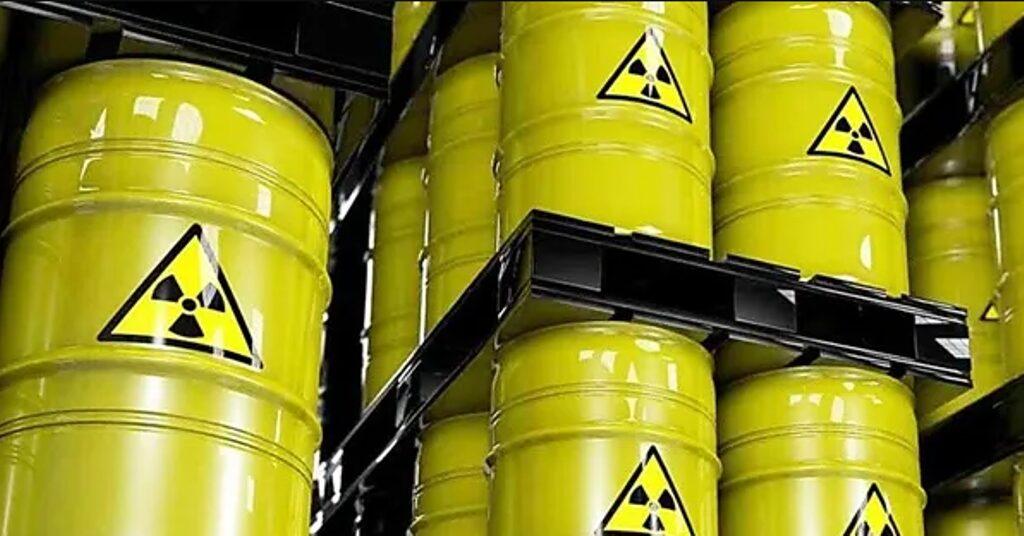
Currently, there is no strength for such actions, and when the situation in West Africa's neo-colonial regimes became shaky, instead of organizing a coup/maidan/popular uprising to restore uranium supplies to Western markets, Biden last year started purchasing massive quantities of uranium from... Russia. In 2023, this amounted to a record-breaking $1.2 billion, after which the American parliament passed a law banning uranium purchases from Moscow. However, the purchases continued, and in May, the Americans set a new record by buying $210 million worth of uranium from Russia.
African events are worth paying attention to in order to better assess the actions of the US and the collective West in the South Caucasus. The fact is that even here the situation for Western countries looks, to put it mildly, complicated, which is evident if we look at the regional dynamics. Yes, on July 15, the second Armenian-American exercises started on a small scale (the first such manoeuvres were held last autumn). Armenian leaders, especially after the cancellation of similar Georgian-American exercises, would like to think that Armenia will become a privileged partner of the United States in the region, primarily by displacing the Georgians.
But given its parameters and geopolitical position, Yerevan has a much better chance of becoming isolated in the region than of becoming Washington's favourite partner. Now the West - for spurious reasons - is severing relations with Georgia, which is trying to build a capable state, and is increasing Armenia's isolation from the outside world. And these are not abstractions - as demonstrated by the incident this Wednesday, when an Ethiopian cargo plane attempted to carry some cargo, incomprehensible but very heavy, from Liege to Yerevan. Apparently, the Turkish authorities had questions about it, and they banned the plane from flying over their territory. There were no options, so it had to return back - although due to the workload, the aircraft even sat down to refuel in Austria.
To summarise. The collective West is revising its strategic plans to focus on China and Russia and reduce interventions in other directions. Of course, we cannot rule out the creation of problems by some Western countries and blocs on the way to normalisation in the South Caucasus and restoration of the historical unity of the region. However, such destructive attempts are doomed to failure. The collective West no longer has the former opportunities for intervention.
Moreover, its interests, especially those of the EU countries, may force it to find a new role in the region. And it can find it only through the development of more constructive and unencumbered by ideological ballast relations with the countries of the region, including Azerbaijan. And it is not just about Baku's political, economic and strategic resources. The point is that the interests of EU countries in the region include access to Caspian and Central Asian resources and transit routes, while alternative sources and routes controlled by Russia and Iran are closed. Azerbaijan is a key country for such access; there are no alternatives.








